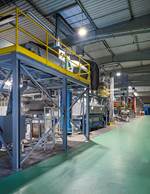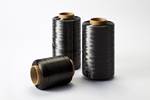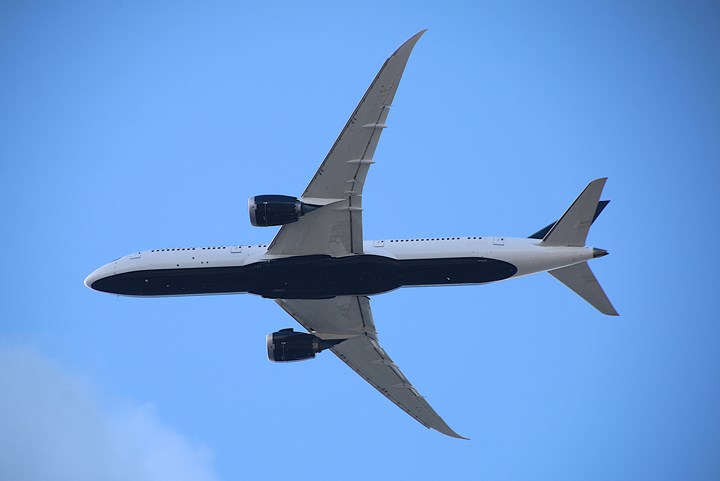Toray rCF from Boeing 787 is incorporated into ultra-light laptops
Torayca-based aerospace components have successfully been repurposed into the Lenovo ThinkPad X1 Carbon Gen 12, highlighting the ongoing application of recycled composites.
Toray Industries Inc. (Toyko, Japan) has announced the successful
development of recycled carbon fiber (rCF) derived from the production process of Boeing 787 components using Toray’s Torayca advanced carbon fiber. The rCF, which is based on a pyrolysis recycling process, has been integrated into the Lenovo (Beijing, China) ThinkPad X1 Carbon Gen 12 PC laptop series as reinforcement filler for thermoplastic pellets. Toray and Lenovo will continue to collaborate to expand the use of rCF in other Lenovo products.
Toray’s rCF is the outcome of Boeing and Lenovo’s shared commitment to minimize their environmental impact. Boeing’s objective is to reduce solid waste going to landfill and produce recyclable materials, while Lenovo has been exploring materials to reduce the carbon footprint of its products. Toray rCF connects these visions.
“Collaborating with universities and industry, Boeing has helped advance technology for recovering carbon fiber from composite materials — diverting it from landfill and creating a market for this high-value recycled material as feedstock for new products, including laptop casings,” Boeing personnel say. “Using carbon fiber composite materials on Boeing airplanes reduces weight, thereby increasing fuel efficiency. As the reuse of residual carbon fiber composite materials from airplane manufacturing processes increases, product lifecycle impacts are further reduced.”
Torayca is an established aerospace material known for its high strength, stiffness and lightweighting properties. Its characteristics have also made it applicable in electrical and electronic equipment housings, sports equipment and other industrial applications.
With the right recycling process, reused carbon fiber has the ability to retain its primary mechanical properties. Toray says it is actively advancing recycling technologies and establishing a strategic business model for rCF. Given that the carbon footprint of rCF is lower than that of virgin carbon fiber, Toray is proactively recommending the adoption of rCF to reduce the environmental impact of customers’ products.
For related content, read “Toray obtains ISCC certification for European carbon fiber production facilities.”
Related Content
-
Low-cost, efficient CFRP anisogrid lattice structures
CIRA uses patented parallel winding, dry fiber, silicone tooling and resin infusion to cut labor for lightweight, heavily loaded space applications.
-
Carbon fiber, bionic design achieve peak performance in race-ready production vehicle
Porsche worked with Action Composites to design and manufacture an innovative carbon fiber safety cage option to lightweight one of its series race vehicles, built in a one-shot compression molding process.
-
MFFD longitudinal seams welded, world's largest CFRTP fuselage successfully completed
Fraunhofer IFAM and partners have completed left and right welds connecting the upper and lower fuselage halves and sent the 8×4-meter full-scale section to ZAL for integration with a cabin crown module and testing.

















